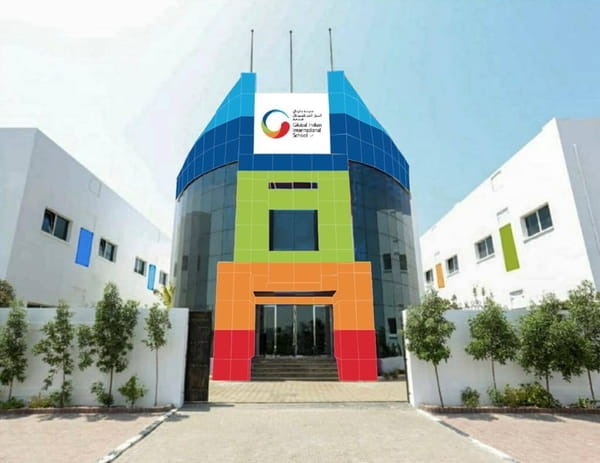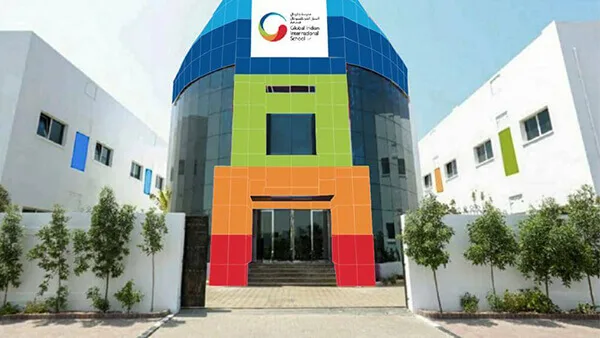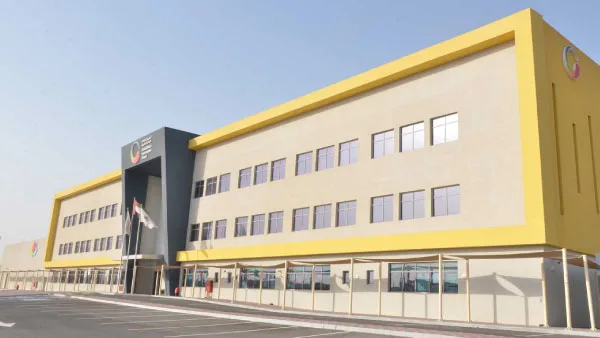The role of project-based learning cannot be emphasized too much when it comes to international education. That is because it has been recognized that the best way for someone to learn is to expose them to the practical aspect of what is being taught to them. This is something that is well understood and practised in Primary schools in Dubai and International Schools in Dubai.
That is the reason why project-based learning is considered to be a foundational principle of education the world and at Global Indian International School Dubai. Let us learn a little more about what this principle entails in the article below.
Understanding Project-Based Learning
The main reason for the widespread adoption of project-based learning in schools across the world is that it allows the students in question to develop the faculty of critical thinking and problem-solving.
Enquiry-based learning drives project-based learning. It requires a lively, participative and dynamic classroom approach that empowers students to acquire deep subject knowledge and develop the skill to answer complex questions with the help of skilful investigation. Active learning is its key driver as opposed to the traditional learning by rote approach.
Global Perspectives: Project-Based Learning in International Education
The emergence of international schools or global schools has given rise to a system of international education that draws largely on project-based learning. The world has globalized at an unprecedented pace over the last few decades. This has had an impact on all aspects of people’s lives, including education. It is crucial nowadays to provide students with a holistic and comprehensive education that leads to personal and professional growth.
That can be best achieved by what may be termed competence-based learning which can only be provided with the help of active teaching methodologies like project-based learning. This approach works because it requires students to get out of their comfort zone and endeavour to ask the right questions to acquire deep knowledge.
It is also a more lively and interesting way of acquiring knowledge as it requires teamwork and collaboration. The Primary school in Dubai and International Schools in Dubai for instance, are fine practitioners of this form of education as they know that it is the best way to help impressionable minds learn and grow.
The Role of Educators as Facilitators in Project-Based Learning
The role of educators as facilitators in project-based learning is immense as they are tasked with the responsibility of inculcating problem-solving skills in their students. They need to be taught to be able to examine and understand a problem. This has to be followed by understanding how much they comprehend and what information they need to acquire to solve a problem.
While encouraging the students to figure out how to solve a problem on their own in collaboration with their fellow students, the educators have to mentor them throughout the process. This allows the student to understand where they are going wrong and make the necessary course corrections.
7 Benefits of Project-Based Learning
Let us look at 7 principal benefits of project-based learning-
1. Learning problem-solving skills
Project-based learning helps students learn problem-solving skills at an early age which stands them in good stead throughout their lives.
2. Encourages critical thinking
Project-based-learning teaches students to ask the right questions to arrive at the truth and not accept anything at face value. This is a very valuable life skill to learn.
3. Teaches students to collaborate
Project-based learning often requires students to work in tandem with other students which requires them to learn the valuable art of collaboration.
4. Learning visualization and decision-making
Project-based learning helps an individual develop the power of visualization that allows them to foresee the possible solution to a problem. It also trains them to make decisions.
5. Getting familiar with technology
Project-based learning quite often entails the use of technology as one might be required to use tools to accomplish a project.
6. Deeper Engagement
Project-based learning helps a student engage deeply with the subject matter in question, leading them to develop enhanced interest in it. This is something that helps them develop an excellent work ethic for life.
7. Better Communication
The very nature of project-based learning teaches one to master the art of effective communication to collaborate well with others.
Implementing Project-Based Learning in the Classroom
When it comes to implementing project-based learning in the classroom the teachers must orient their students towards it. They can do that by teaching them to identify a problem and then move on to having a discussion about the likely ways to solve it. This can lead to the development of likely solutions which can then be put to the test.
How do International schools like GIIS help Project-Based Learning in the Classroom?
International Schools like Global Indian International School first of all equip their classroom with the required infrastructure and tools that make it possible to implement project-based learning. Their teachers are well-equipped to guide the students through the various stages of project learning.
This starts with problem identification and goes on to organizing a brainstorming session to find a solution to the problem. Once they arrive at solution prototypes, the students are encouraged to test those to find out where the final answer to a problem lies.
Conclusion
The dynamic world that we live in has no time for old dogmas and archaic conventions. In a world where concepts age in no time, project-based learning is the only way for today’s students to learn the skills that will help them navigate their way forward in their work lives. That explains why they form the main plank of the education system across the world.
Frequently Asked Questions
What are PBL success skills?
PBL success skills incorporate the ability to learn problem-solving skills, critical thinking and the art of collaboration. It also includes the ability to visualize and make informed decisions on account of one’s deep thinking prowess.
What are the roles of Project Based Learning?
The roles of project-based learners can be that of the facilitator, coach and liaison person who undertakes a passive role in the project-based learning process. The students on the other hand assume an active role in that they identify the problem in question, collaborate with others on finding solutions, ask the right questions and zero in on the possible solutions. They also put them to the test to see which of these are workable.
What are some project-based learning examples?
There are many examples of project-based learning like creating a website, developing an app, producing a podcast or carrying out a field trip that has a certain purpose like finding out the condition of public parks in a residential area.
What are 3 roles you might take on in PBL?
One could take on the role of a facilitator or teacher, a doer or a student or a hybrid role performed by students where some of them might take on an active role and others might take on a static role like that of a chairperson who oversees the proceedings or someone who keeps a record of what is going on.
What are the five features of PBL?
● A question which needs answering or a problem that needs solving.
● Providing a real-life context to what is being discussed to show its value.
● An environment of collaboration.
● Zeroing in on possible solutions.
● Putting them to the test and arriving at the best answer.
What is the structure of PBL?
The presence of a driving problem, a probing and questioning modus operandi, collaborating with others to find a solution, the actual discovery of possible answers, putting them to the test and finding the right solution.
































